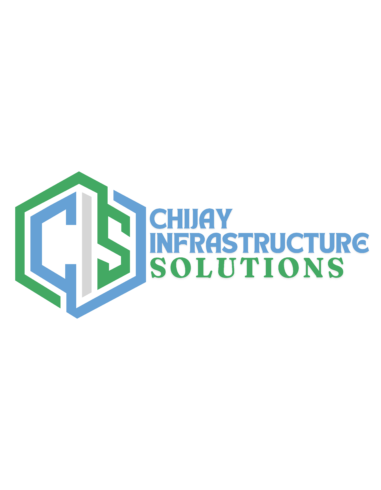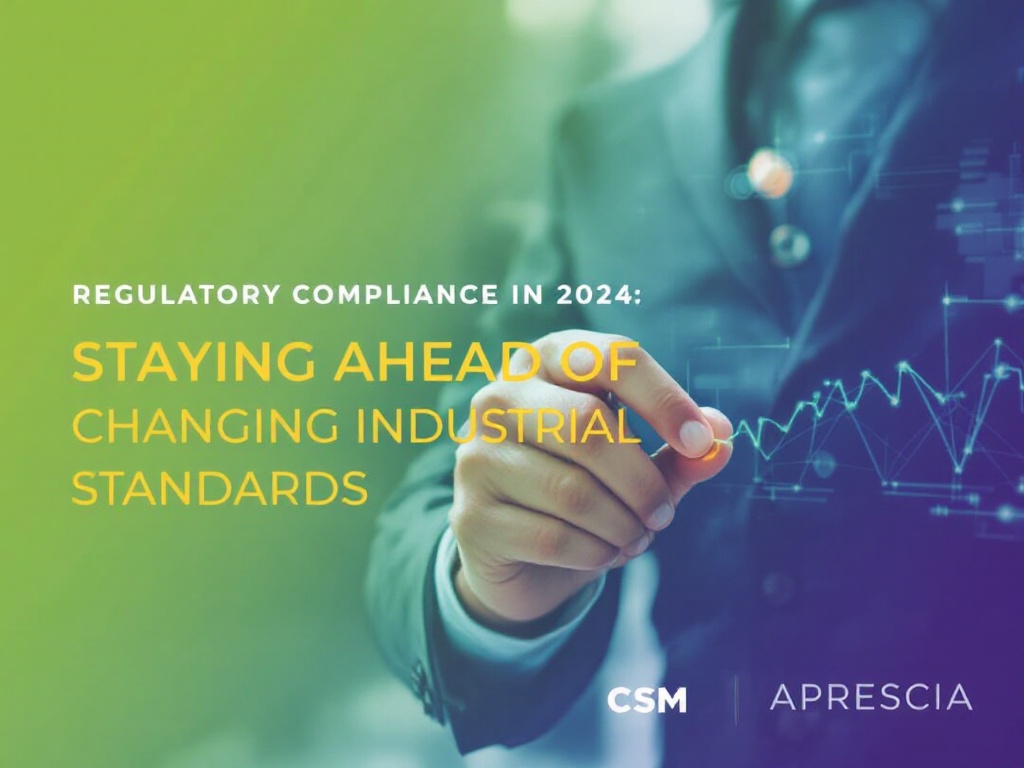As we navigate through 2024, the industrial sector faces an evolving landscape of regulatory compliance. At ChiJay Infrastructure Solutions, we understand the critical importance of staying ahead of these changes to ensure our clients’ success and operational integrity. Let’s explore the key trends and changes shaping industrial regulatory compliance this year.
1. Emphasis on Cybersecurity
With the increasing digitalization of industrial processes, cybersecurity has become a top priority for regulators. FINRA and other regulatory bodies are cracking down on cybersecurity procedures and protocols. Companies must implement robust cybersecurity measures to protect sensitive data and critical infrastructure from growing threats.
2. Environmental, Social, and Governance (ESG) Focus
ESG compliance is no longer optional. Regulators are placing increased emphasis on sustainable practices, social responsibility, and transparent governance. Industrial companies must integrate ESG considerations into their operations and reporting to meet evolving standards and stakeholder expectations.
3. AI and Automation in Compliance
The use of artificial intelligence and automation in compliance processes is rapidly growing. These technologies are being leveraged to streamline compliance tasks, improve accuracy, and provide real-time monitoring of regulatory adherence. Companies that embrace these tools will have a significant advantage in managing complex regulatory landscapes.
4. Data Protection and Privacy Regulations
With the proliferation of data in industrial operations, regulators are tightening data protection and privacy requirements. Companies must ensure they have robust data management practices in place, complying with regulations like GDPR and emerging data privacy laws.
5. Supply Chain Transparency and Due Diligence
Regulators are increasingly focusing on supply chain transparency, particularly concerning forced labor and environmental impact. The Uyghur Forced Labor Prevention Act (UFLPA) compliance is a key example of this trend. Companies must enhance their supply chain due diligence and transparency to meet these evolving requirements.
6. Regulatory Technology (RegTech) Adoption
The adoption of RegTech solutions is accelerating. These technologies help companies automate compliance processes, manage risk more effectively, and stay up-to-date with regulatory changes. Investing in RegTech can significantly improve compliance efficiency and effectiveness.
7. Global Harmonization of Standards
There’s a growing trend towards the global harmonization of regulatory standards. While regional differences persist, international cooperation is leading to more consistent regulatory approaches across borders. Companies operating globally must stay informed about these harmonization efforts.
8. Focus on Operational Resilience
Regulators are placing increased emphasis on operational resilience, particularly in light of recent global disruptions. Companies are expected to have robust business continuity and disaster recovery plans in place, ensuring they can maintain critical operations under various scenarios.
9. Cryptocurrency and Digital Asset Regulation
As digital assets become more prevalent in industrial transactions, regulators are developing new frameworks to govern their use. Companies engaging with cryptocurrencies or blockchain technologies must stay informed about rapidly evolving regulations in this space.
10. Enhanced Reporting and Disclosure Requirements
Regulators are demanding more comprehensive and transparent reporting from industrial companies. This includes enhanced financial disclosures, sustainability reporting, and more detailed risk assessments. Companies must improve their reporting capabilities to meet these heightened expectations.
Conclusion
As we progress through 2024, it’s clear that the regulatory compliance landscape for industrial sectors is becoming increasingly complex and dynamic. At ChiJay Infrastructure Solutions, we’re committed to helping our clients navigate these changes successfully. By staying informed about these trends and proactively adapting to new requirements, companies can turn regulatory compliance into a competitive advantage.
Remember, compliance is not just about meeting minimum standards – it’s about building trust, enhancing operational efficiency, and ensuring long-term sustainability. As your partner in industrial solutions, we’re here to help you not just comply with regulations, but to thrive in an evolving regulatory environment.
Are you ready to elevate your regulatory compliance strategy for 2024 and beyond? Contact ChiJay Infrastructure Solutions today to learn how we can help you stay ahead of the curve and turn compliance challenges into opportunities for growth and innovation.

